
…all your heart, all your soul, all your mind, all your strength. (Mark 12:29-30, Deuteronomy 6:4-5)
That’s a lot of ‘all’s. In fact, when it comes to the powers within us, this commandment–the Shema–touches on all the ‘all’s. Heart, soul, mind, strength. All of all of them. That’s me in toto, isn’t it?
God spoke through His prophet Moses, and now through His Son Jesus: “You must love Me entirely. Everything that counts as you must love Me.”
Now, before I say something like, ‘Gosh, that’s demanding!’ let me pause and consider: What else am I going to do with my entire self?
If I never do anything with my entire self, that seems like a waste. Seems lame. If spend my life focused on what’s on tv, and leave whole powers within me trailing off, unused–like high-octane fuel leaking out of a tank–then it’s either going to start smelling bad around me, or a dangerous fire will start.
On the other hand, if I try to love anything other than God–or even any array of things–with my whole self, what will happen? Disappointment with a capital D.
I mean, I love sushi. But sushi cannot satisfy my every desire; it cannot occupy my every interior power. Even sushi, with a Sapporo, at sunset, streetside in sunny Sausalito, reading Shakespeare’s sonnets… sounds satisfying. But still something in me would remain either idle or unsatisfied.
God’s command that we love Him entirely–it’s not for His benefit. It’s for our benefit. It’s because we are bigger than we think we are. He gave us this commandment to keep us from selling ourselves short. Everything that we can see, smell, taste, touch, or feel–we are bigger than.
Shema! Love the Unseen Grandeur! With everything you have. Love God entirely. That way, you can be yourself.
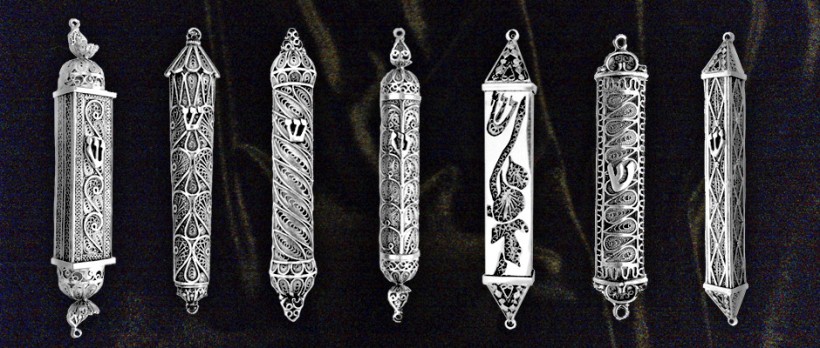
 This year, our Holy Father, Pope Francis, has given us two ways to obtain a jubilee-year indulgence. First, the old-fashioned way: to pass through a Holy Door. Usually, during Jubilee Years, you have to go to Rome to pass through a Holy Door, or at least to a papal basilica. But this year, Pope Francis extended the prerogative for Holy Doors to every diocese.
This year, our Holy Father, Pope Francis, has given us two ways to obtain a jubilee-year indulgence. First, the old-fashioned way: to pass through a Holy Door. Usually, during Jubilee Years, you have to go to Rome to pass through a Holy Door, or at least to a papal basilica. But this year, Pope Francis extended the prerogative for Holy Doors to every diocese.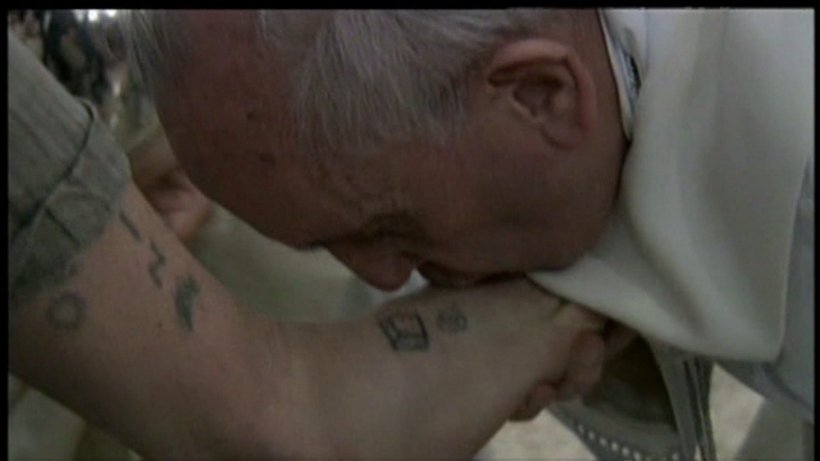

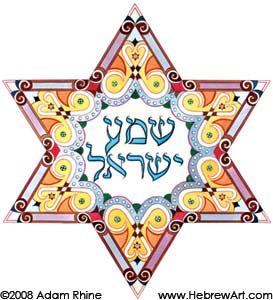 Serving any god other than the real God estranges any human being from himself, not just a Jew.
Serving any god other than the real God estranges any human being from himself, not just a Jew.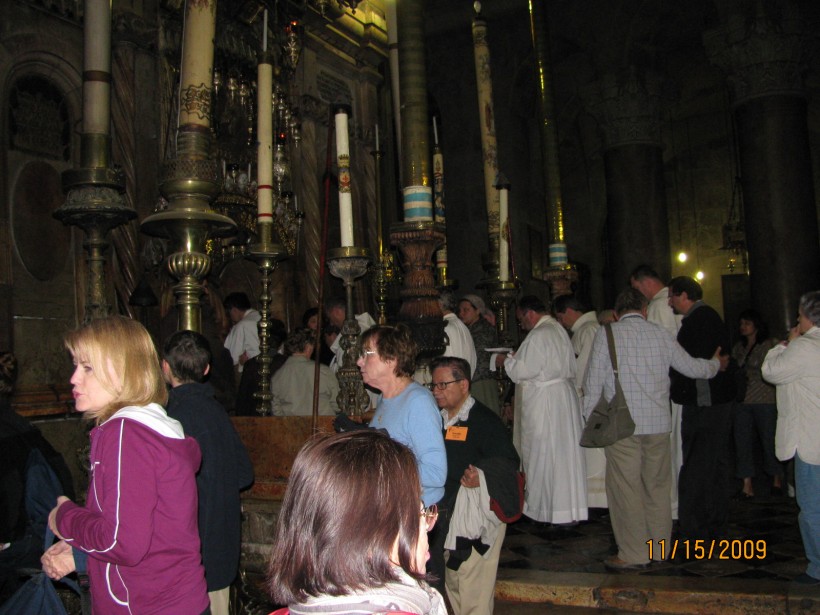

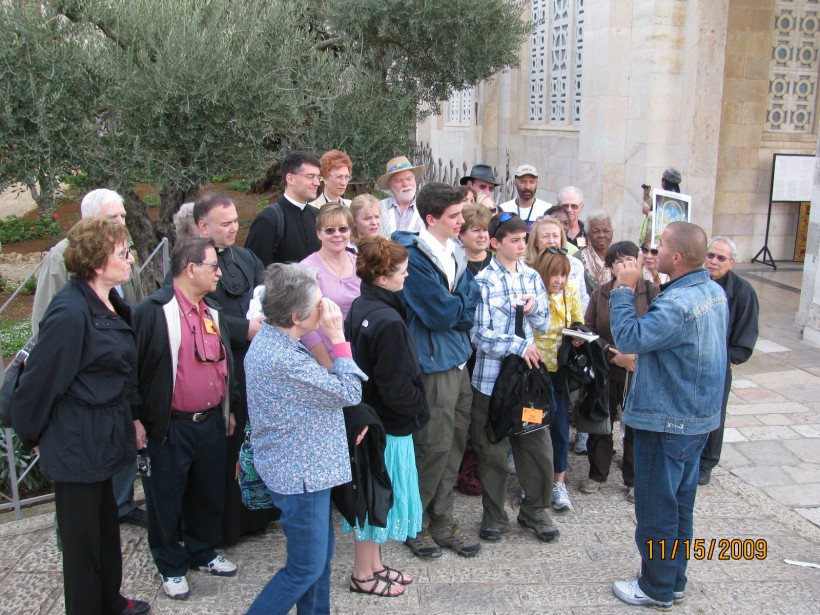


 …
…